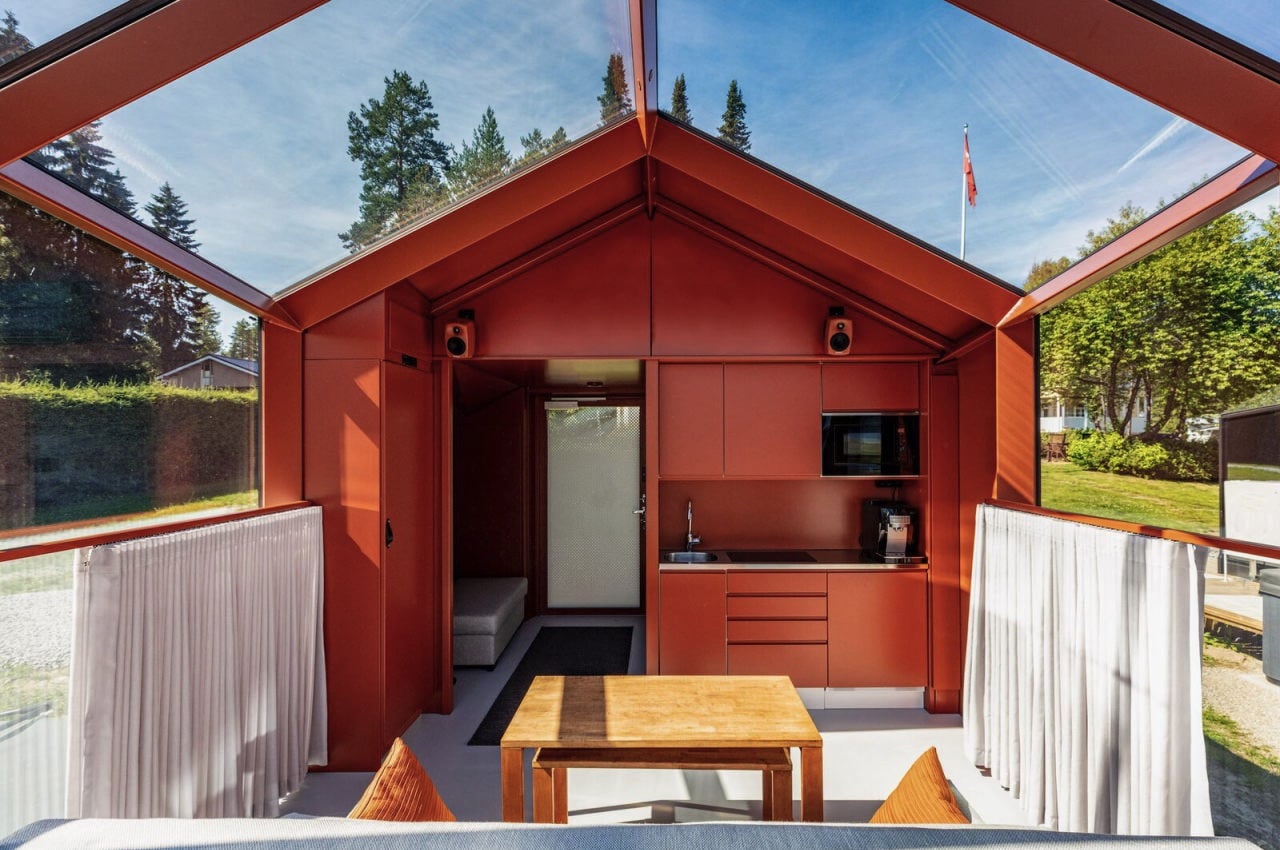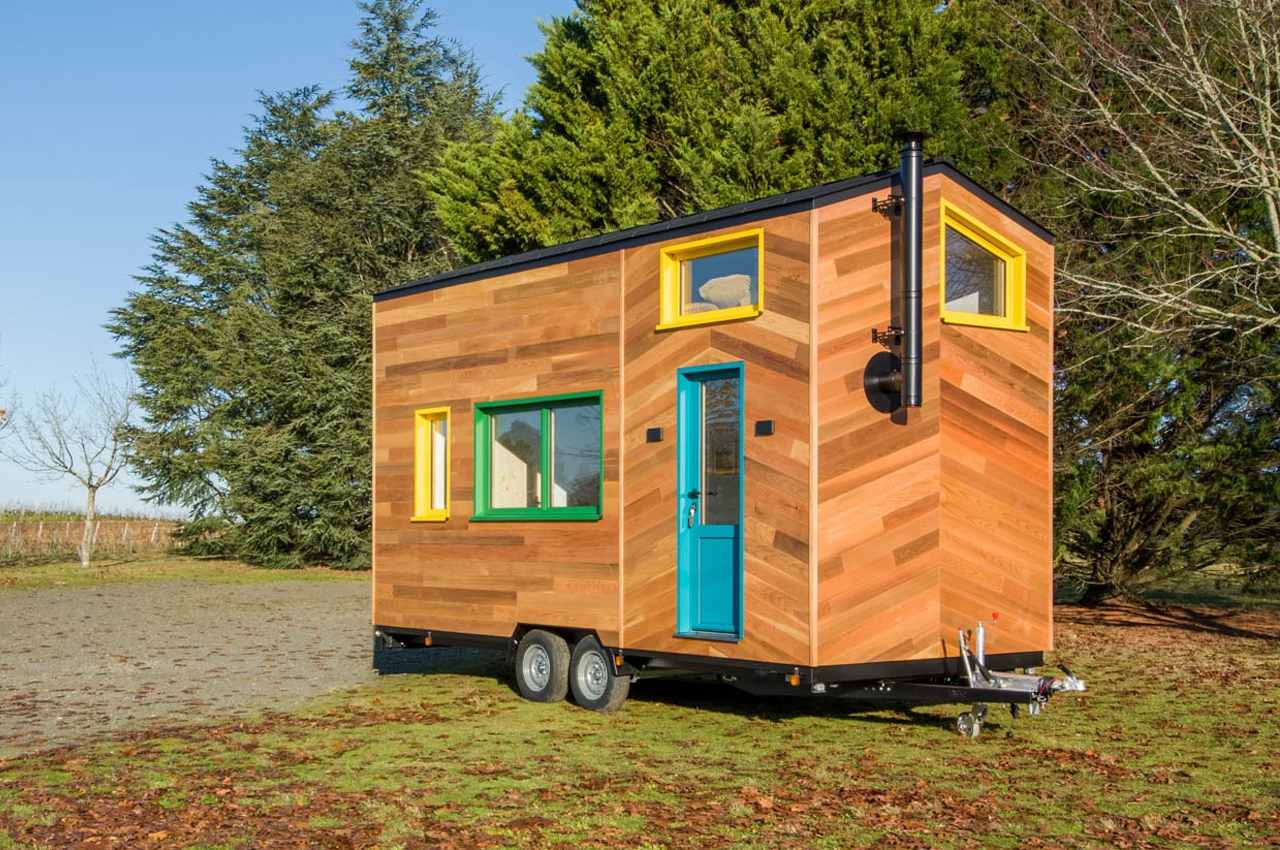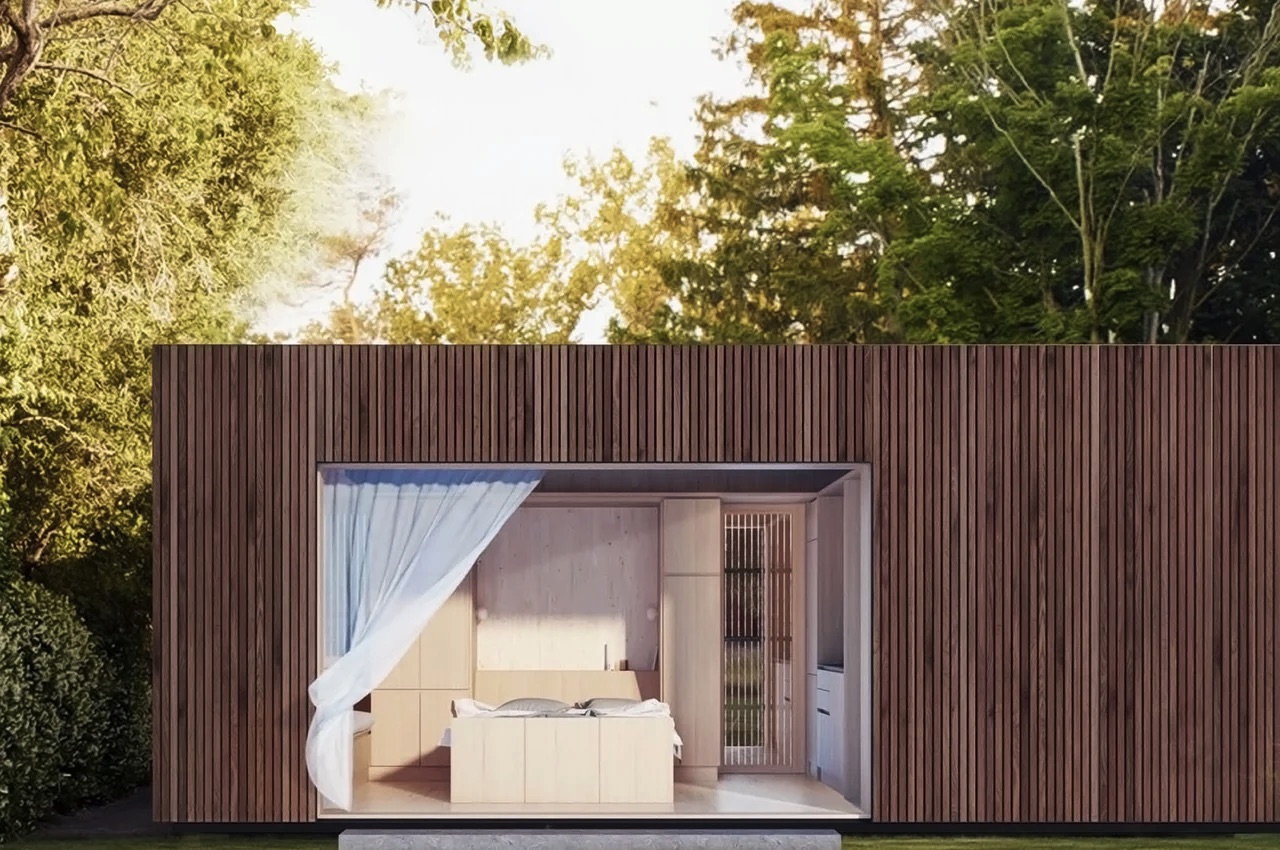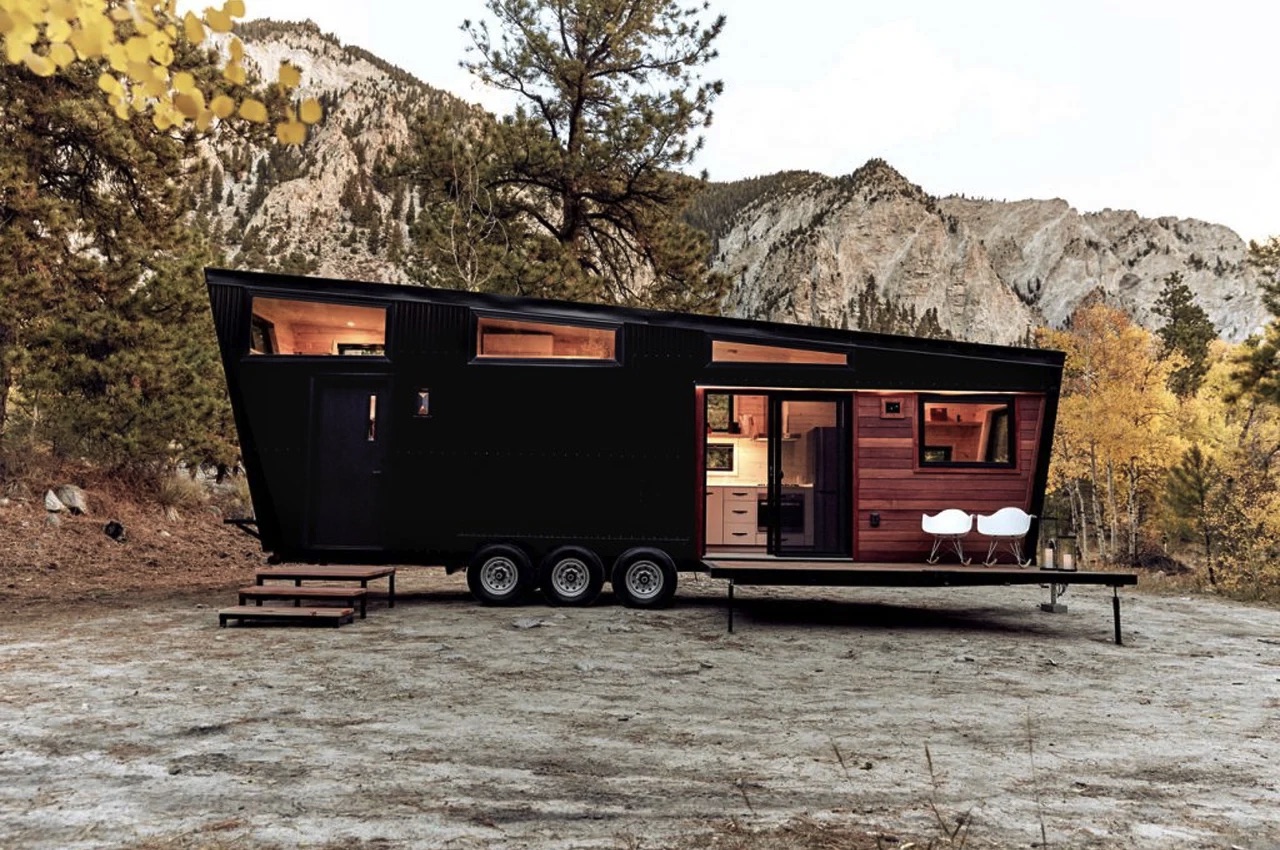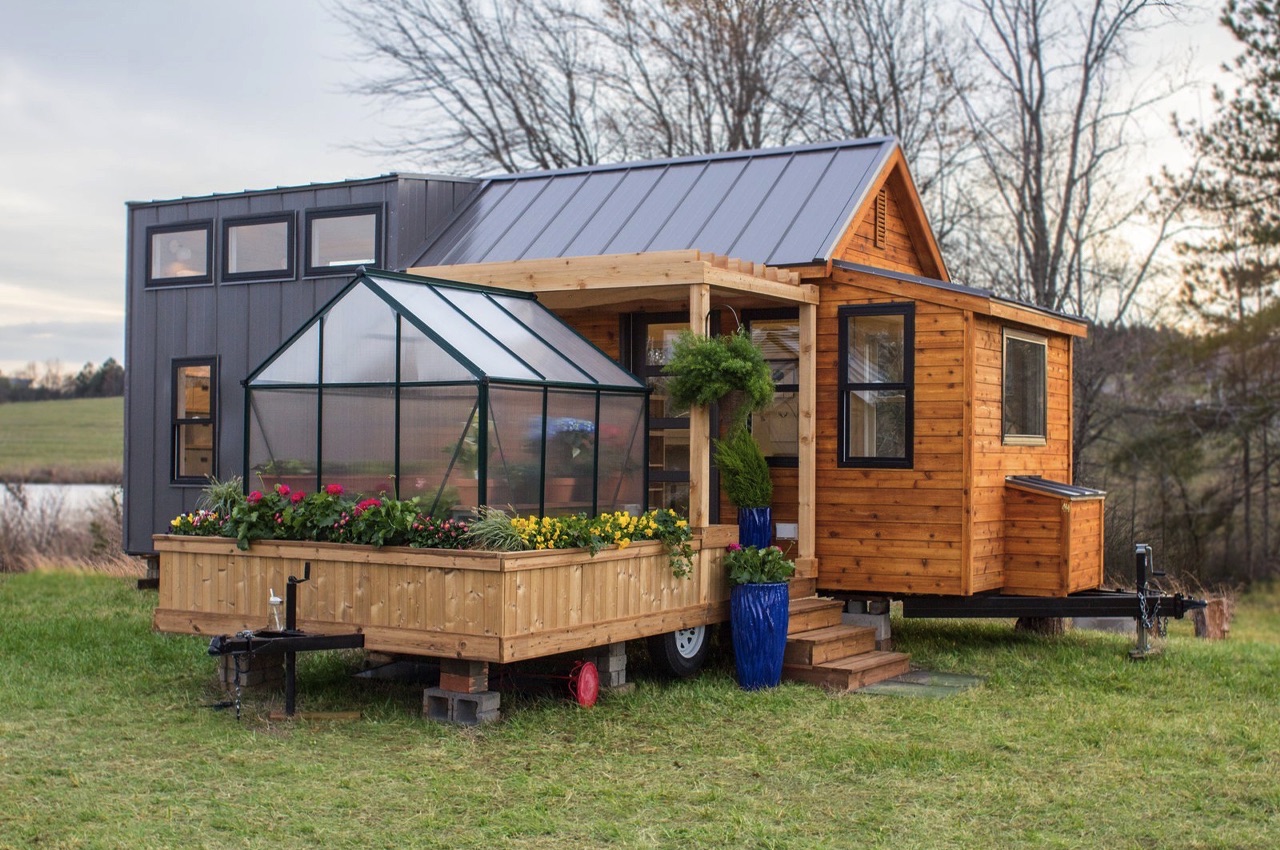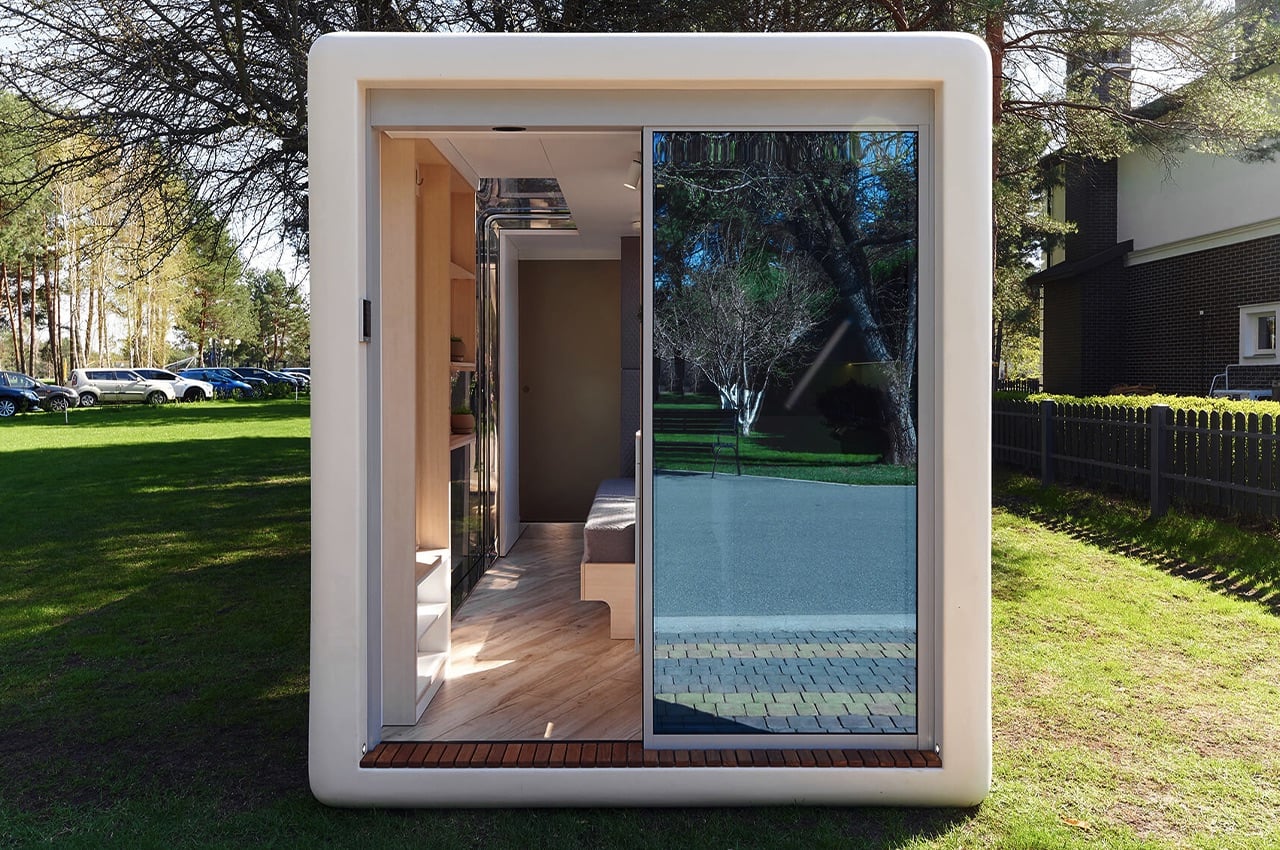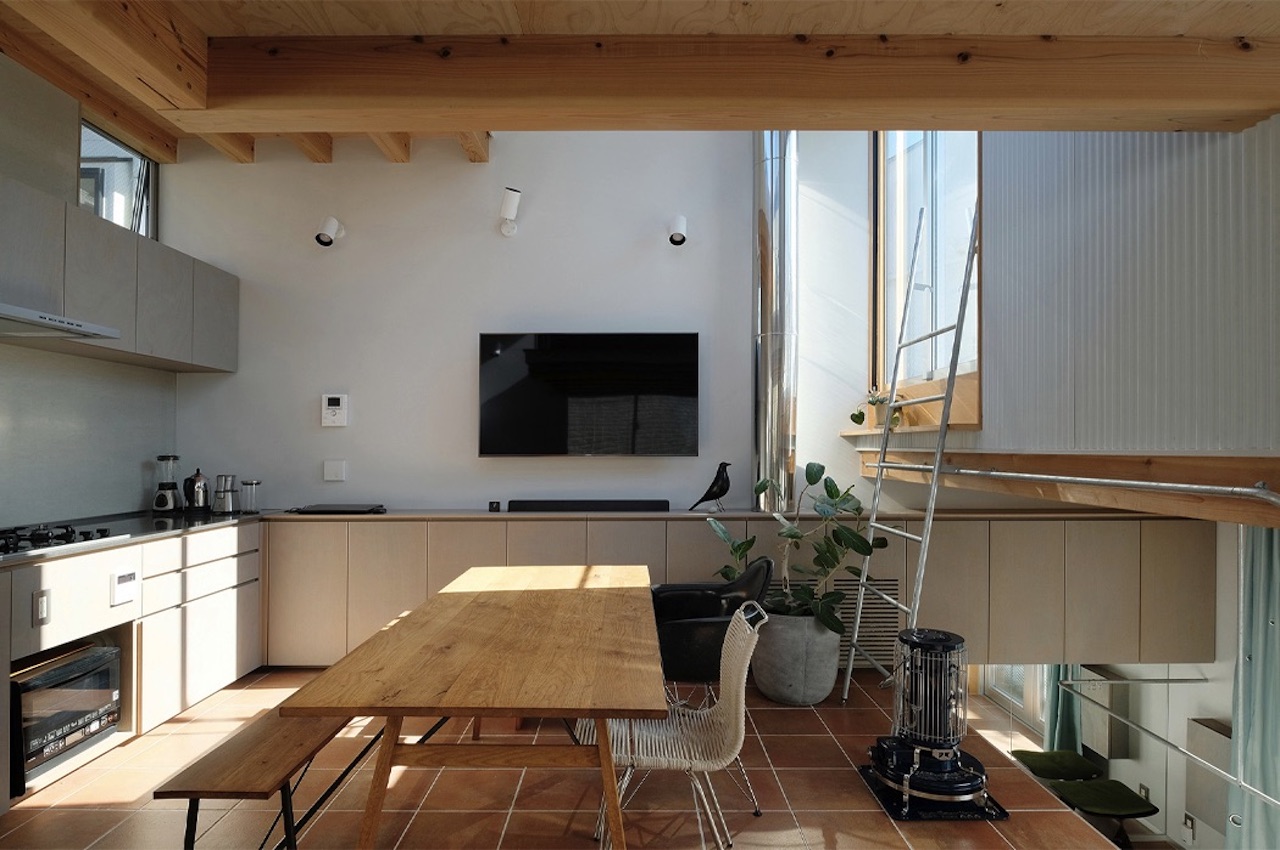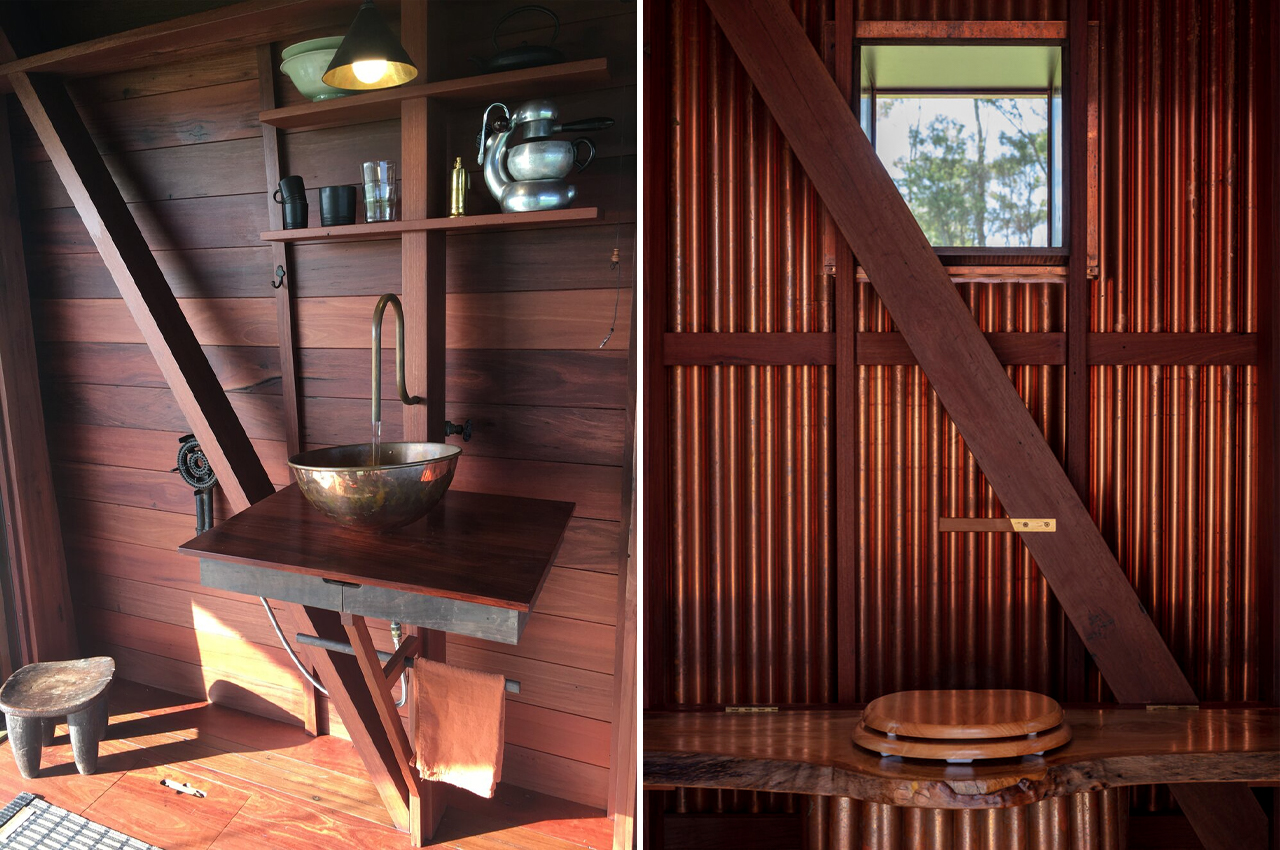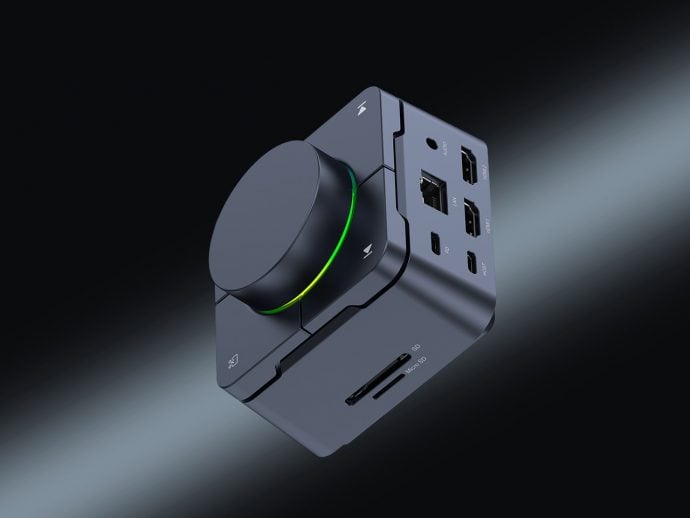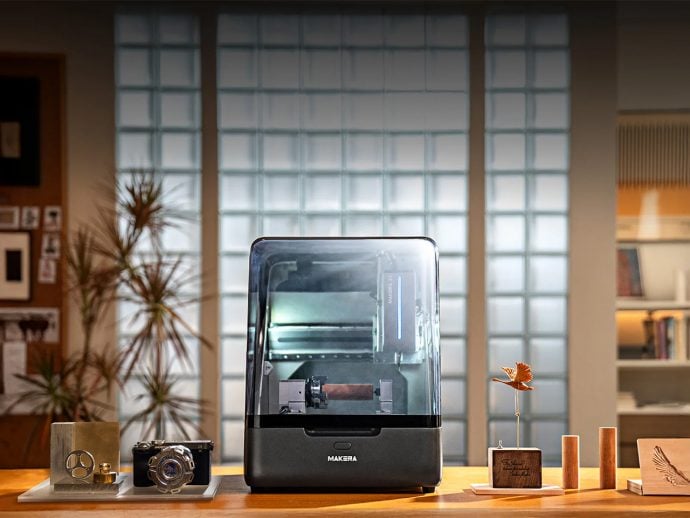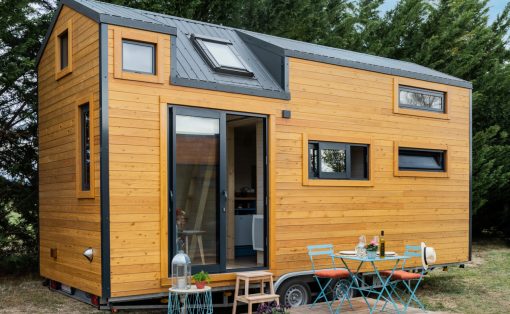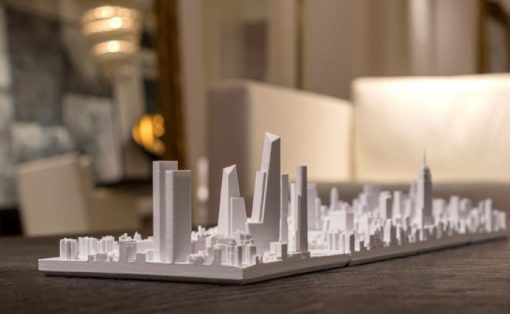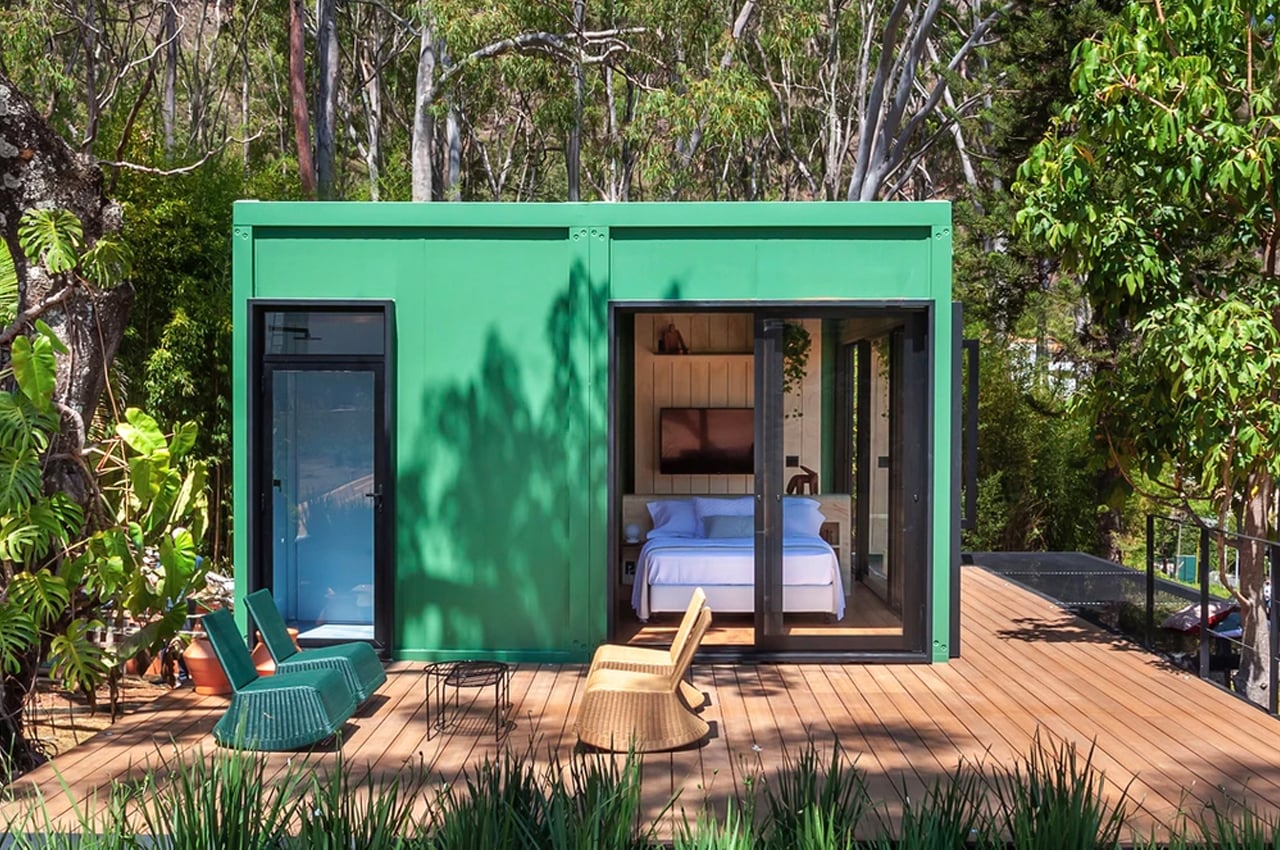
Living in your dream house can be pretty exciting. However, when you are already there inside the house you just built or purchased, it can be a pretty overwhelming feeling to finally achieve what you have been working hard for all your life. A big house may usually mean you are successful in your career or business, but it’s not always true.
Some people have a big house and yet are not successful. On the other hand, some highly successful people choose to live in more modest or smaller homes. We have lost count of how many people we have read about that switched to tiny home living. With all the tiny home options available in the market, it can be easy to make that decision.
Tiny home living is becoming more popular, especially during this pandemic, but we believe it will go beyond being just a trend. Many couples and families have already embraced this lifestyle for its many advantages. Unfortunately, it also has many disadvantages, but it will be up to you to decide if you are going ahead with living in such tiny homes.
PROS
1. Less Space, Less Clutter
The bigger the house, the messier it will be. On the contrary, the smaller the house, the less space to make a mess. There’s not much floor area to clean and you have less stuff so it may only take a few minutes each day to tidy up a tiny home. Deep cleaning may not be required frequently or if you have to, you will only need a few hours or so.
2. Eco-efficiency
Most tiny homes are eco-efficient and the small size means a smaller footprint. The house is also tight, so heat is kept inside. As a result, the need for heating or cooling will be less depending on the season.
3. Lower Cost of Living
With everything tinier, the cost of living can also be lower. You can still be buying a tiny luxury home, but charges for upkeep will still be lower in the long run because it is energy-efficient. In addition, utility bills are lower and less expensive because of the size of the home.
4. Modern Living
A small home is easier to build. You can buy a tiny prefab home and customize it according to your taste. You may need to be smarter with your purchases of home appliances, so everything is efficient and comfortable. This means you may need to opt for more modern appliances that are usually more efficient.
5. Travel-Friendly
Most tiny homes are attached to vehicles, so you can travel whenever and wherever. This is why many families are switching to tiny home living because they can go anywhere they like. They can bring their school, work, and home to a new place. It is like camping but made more modern, hi-tech, and fun.
CONS
1. Issues with the Law
Tiny home laws are different depending on the state. You can travel with your tiny home, but it’s not always a guarantee you will be allowed to say long or relocate. Even if you only need a parking space, some cities may be strict. You need to make sure you check the zoning regulation and safety.
The problem usually starts with the size of the tiny home. Some are too small that they may not be considered as a residence. It may be difficult to gain permits, but they are usually classified as recreational vehicles (RVs) so you can still park.
2. Low Resale Value
You can have the most luxurious tiny home your money can buy, but its value can still depreciate. If you are getting a loan to purchase a tiny home, it may be a challenge to get one. If you sell your tiny home, it may also be challenging. Improvements and upgrades to the house may increase the value, but it may not be enough.
3. Tricky Tiny Home Cooking
Cooking inside a tiny home can be a challenge. You have a small kitchen which means the counter is small, and you can’t be the home chef you’re meant to be with a small cooking area. Also, the small fridge means you can’t store much, so you may be forced to go to the grocery more often. If not, you may always be tempted to call food delivery.
4. Not Enough Space
Not having enough storage is a big problem for those living in tiny homes. That is why it is good to always declutter and Marie Kondo your stuff; however, this can be difficult for hoarders. You need to check your things and remove what you don’t need because you have to stay within the weight limit of the house.
5. The Toilet Situation
The discussion about bathrooms and toilets is usually complicated. Most tiny homes don’t have proper plumbing, so you need to learn how to compost. There are systems for the waste you need to eliminate, but they’re just there. You need to take them out regularly and wish they don’t overflow when you’re traveling. They usually won’t, but you know, accidents can happen, and we don’t want that.
Wrap-Up
Living with less can be satisfying, but tiny home living is not for everyone. Before deciding if you’re ready to move from a spacious home to a tiny one, you need to think hard and weigh the advantages and disadvantages. Ultimately, you will have to decide, so it is okay to take time to think about your future home situation. Tiny home living can be scary, but it can also be very liberating.

